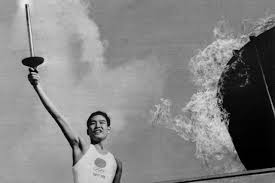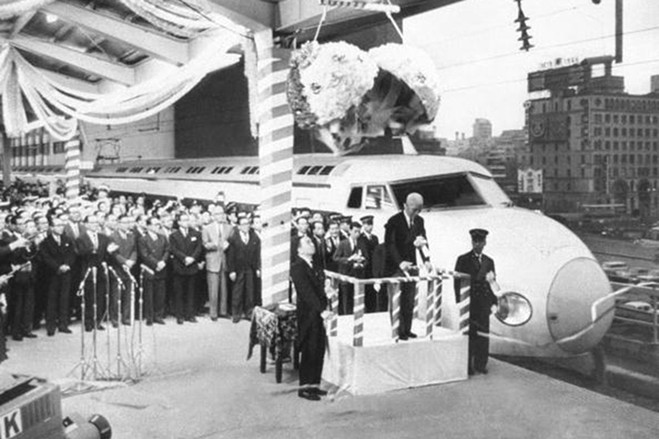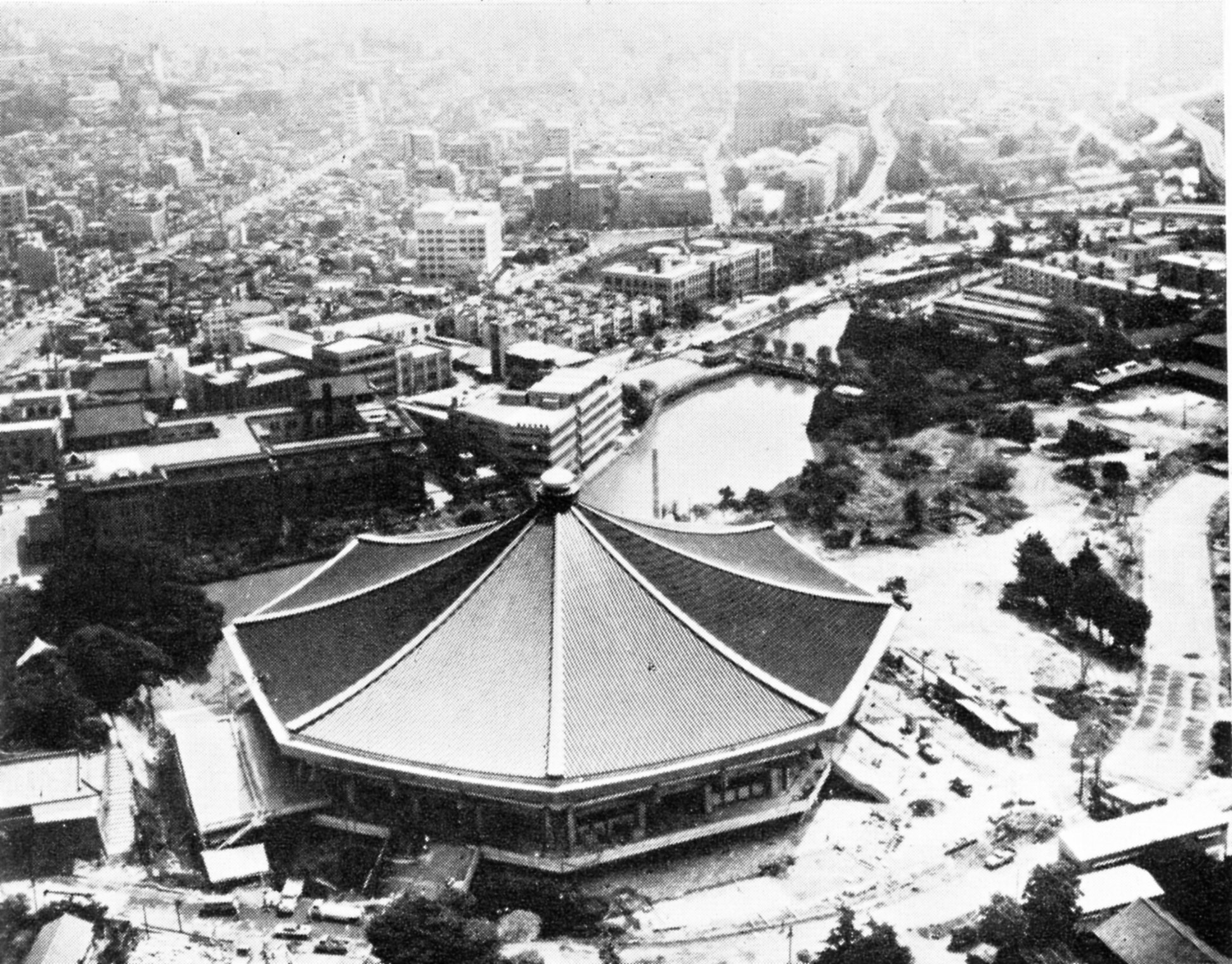The Olympics are never mostly about the sports. They’re an examination of contemporary geopolitics, a survey of the latest media and technology and a narrative about the host nation, which presents not just itself, but its aspirations, to the world. Of course, such an idealization can have short shelf life. After the success of Sochi, Russia seemed pointed toward the future, perhaps becoming another modern Germany with its technological might and post-conflict politics, but the country was quickly yanked back into the 20th century by Putin’s folly.
Even when the aftermath doesn’t undo the good will, the cost of such an event is beyond onerous. From an Economist article about the buyer’s remorse of Tokyo, the “winner” of the 2020 Games:
“Disquiet over construction plans has been heightened by growing concerns about cost. Estimates for the stadium refurbishment have more than doubled as construction and labour costs have soared under Abenomics, Japan’s bid to end years of deflation. City officials revealed recently that this year’s consumption-tax hike of 3% was not even factored into the original budget. Cost concerns may now force some venues out of the expensive city to the far-flung suburbs.
The 1964 event cost many times more than its predecessor in Rome four years earlier, and added to the Olympics’ spendthrift reputation—not a single games since then has met its cost target. The Tokyo Olympics also triggered the start of Japan’s addiction to bond issuance, which continues unabated today. Tokyo’s original estimate of ¥409 billion ($3.7 billion) for the games now looks unrealistic to most critics. If, as some expect, Abenomics runs out of steam, the city faces a painful post-games hangover.”



